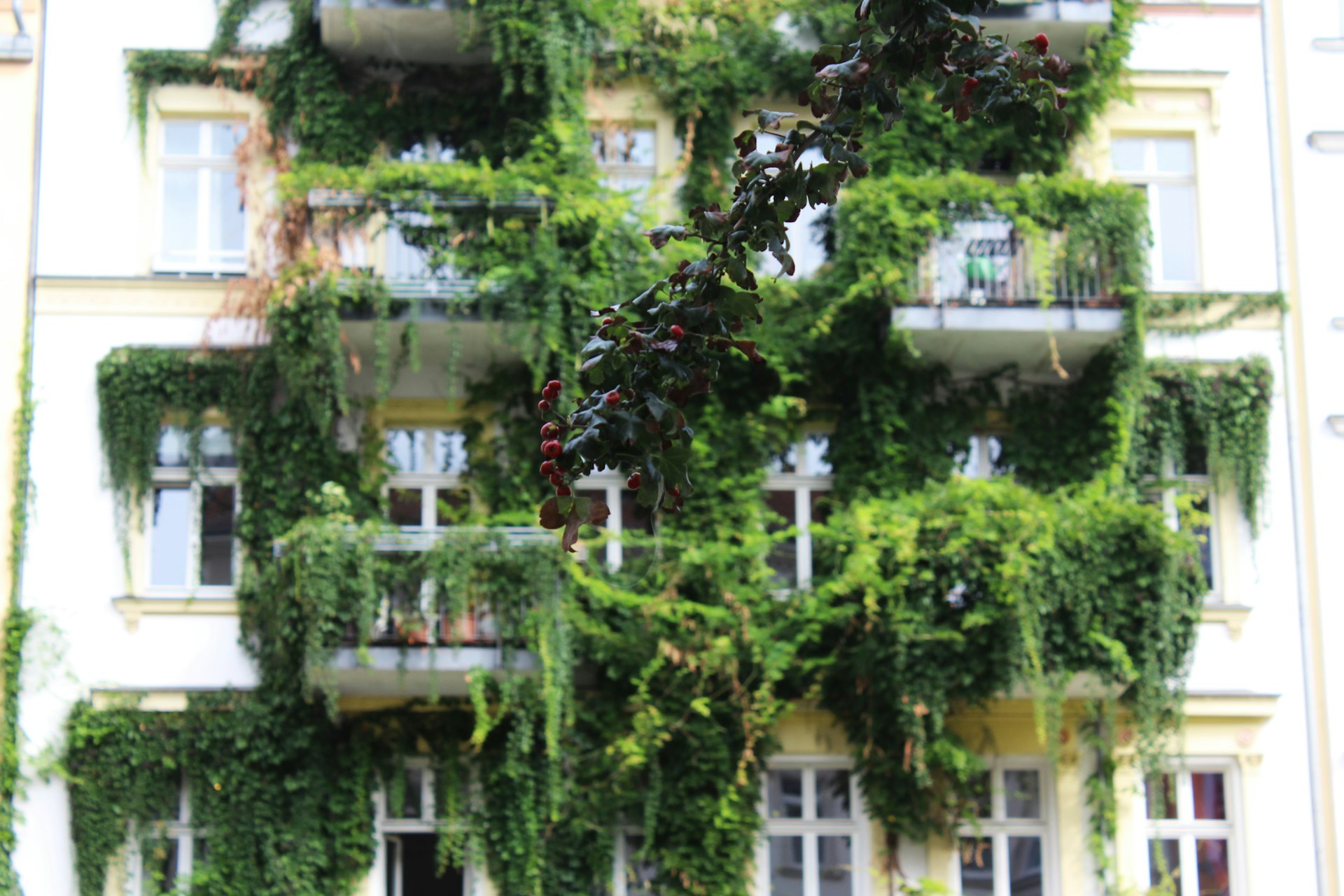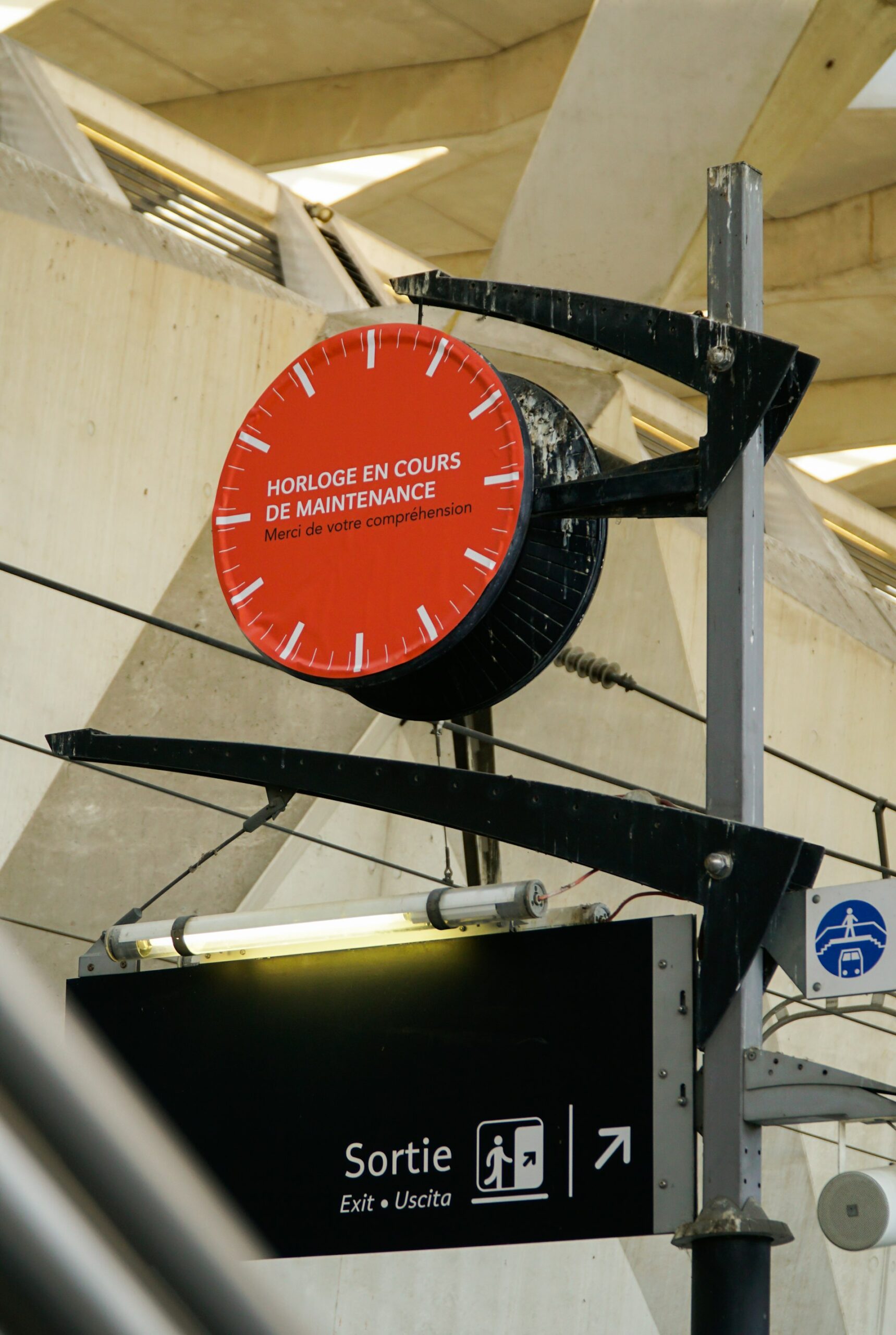Emerging Luxury Real Estate Trends in Metropolitan Cities: 2025 Market Insights and Actionable Strategies

Photo by Pradeep Kumar on Unsplash
Introduction: The New Landscape of Luxury Real Estate in Metropolitan Cities
Luxury real estate in metropolitan cities is experiencing a dynamic transformation in 2025, with emerging trends redefining what buyers value most. The high-end market is no longer solely about price tags-instead, discerning buyers are prioritizing quality of life, technology integration, sustainability, and investment stability. As metropolitan areas continue to attract wealthy individuals, understanding these trends is essential for buyers, sellers, and industry professionals seeking to capitalize on new opportunities.
Quality of Life and Value Over Price
Recent market rankings indicate a significant shift: luxury buyers in 2025 are seeking metropolitan areas that offer balance-relative affordability, strong economic fundamentals, and superior livability. For example, cities like St. Louis, Santa Fe, and Salt Lake City are now top-performing luxury markets, attracting buyers with their shorter commutes, robust job markets, and homes that deliver value beyond mere prestige. These areas are favored not just for opulent properties but for their capacity to provide a high standard of living amid ongoing economic uncertainties and elevated mortgage rates [1] .
Actionable Guidance: For buyers seeking metropolitan luxury, consider researching quarterly market rankings by established industry sources. Analyze factors such as local job growth, commute times, and relative pricing compared to coastal hubs. Engaging a luxury property specialist with local expertise can provide further insight into emerging value-driven markets.
Smart Home Technology: From Novelty to Necessity
In 2025, smart home technology is no longer a luxury add-on-it is an essential feature in metropolitan luxury properties. Advances in artificial intelligence (AI), Internet of Things (IoT), and automation have elevated the standards for high-end homes. Buyers now expect seamless connectivity, integrated security, energy management, and automated systems that enhance convenience and efficiency. Properties lacking these features are increasingly viewed as outdated, affecting both desirability and resale value [2] .
Implementation Steps: Buyers and sellers should prioritize properties with comprehensive smart home systems, including automated lighting, security, climate control, and energy monitoring. Consult with certified smart home installers and review manufacturer credentials for reliability. Sellers can increase marketability by retrofitting existing homes with smart technology before listing.
Example: A recent case in metropolitan Dallas saw a luxury home equipped with AI-driven energy management and biometric security systems sell 15% faster and at a higher premium than comparable properties lacking these features.
Alternative Approaches: For homes without built-in tech, portable smart devices (such as smart thermostats and wireless security cameras) offer interim solutions, though integrated systems remain the gold standard.
Sustainability: The New Standard in Luxury Homes
Sustainability has emerged as a top priority for metropolitan luxury buyers, driven by climate awareness, regulatory changes, and demand for long-term efficiency. Features like solar panels with battery storage, water recycling systems, passive house design, and locally sourced building materials are increasingly standard. Eco-friendly infrastructure-including EV charging stations and energy-efficient HVAC-enhances both property value and environmental impact [2] .
Practical Application: Buyers should request sustainability certifications and review energy usage data during due diligence. Sellers can enhance appeal by investing in certified green upgrades and highlighting these features in marketing materials. Industry professionals may consider partnering with sustainability experts for property audits and recommendations.
Example: In San Francisco, high-end homes with solar and water recycling systems command premiums and sell more rapidly, reflecting buyer preference for sustainable luxury.
Potential Challenges and Solutions: Upfront costs for sustainable features can be substantial; however, incentives through local government programs or utility rebates may offset initial investment. Buyers should check with city agencies or search for “local green building incentives” to identify available support.
Market Stability and Cash Purchases
Amid economic uncertainty, luxury buyers are increasingly relying on cash to secure properties. Reports show that 96% of luxury buyers are using cash, both to expedite transactions and maximize negotiating power. This trend reflects the role of real estate as a diversification tool, buffering against market volatility and ensuring solid investment returns [4] .

Photo by Macourt Media on Unsplash
Step-by-Step Guidance for Cash Buyers:
- Consult with financial advisors to assess liquidity and ensure compliance with local transaction regulations.
- Engage a real estate attorney to streamline closing and verify title and property history.
- Leverage cash position to negotiate favorable terms, including expedited closing dates and price reductions.
Alternative Pathways: Buyers lacking full cash reserves can explore bridge loans or portfolio lending through established banks. For verified lenders, search for “luxury real estate financing metropolitan cities” and review major national banks’ private wealth services.
The Rise of Equity-Rich and Younger Buyers
Home price appreciation has propelled many “everyday millionaires” into the luxury market, with U.S. home values surging 47% in five years. This influx includes first-time luxury buyers leveraging home equity for upgrades. Simultaneously, a generational shift is underway: Millennials and Gen Z are increasingly active, seeking turnkey layouts, flexible spaces, and sustainable design. According to the UBS 2025 Global Wealth Report, there are nearly 52 million everyday millionaires globally, and the next generation is expected to inherit over $124 trillion by 2048 [3] .
Practical Steps for Move-Up Buyers:
- Review current home equity with a licensed appraiser or trusted mortgage lender.
- Work with a luxury property specialist experienced in metropolitan markets to identify suitable upgrade opportunities.
- Prepare for competitive bidding environments, especially in high-demand metro areas.
Guidance for Younger Buyers: Seek metropolitan properties with modern layouts, integrated technology, and sustainable features. Use digital search platforms with filters for “smart home” and “green certified” properties. For assistance, contact established brokerages such as Coldwell Banker Global Luxury or Sotheby’s International Realty, whose websites are verified and accessible.
Global Wealth and Prime Metropolitan Markets
Ultra-high-net-worth (UHNW) individuals continue to shape luxury trends by investing in major global metropolitan cities. The Altrata Residential Real Estate 2025 report highlights the importance of understanding UHNW residential footprints for identifying engagement opportunities. These buyers value privacy, security, and access to premium services, often distributing property portfolios across several cities and secondary home markets [5] .
Actionable Guidance for Advisors: Real estate professionals can leverage market intelligence from verified sources to target emerging metro areas favored by UHNW buyers. Consider subscribing to industry reports and engaging with international specialists for cross-border investment strategies.
Conclusion: Navigating Opportunities and Challenges in Metropolitan Luxury Real Estate
Luxury real estate in metropolitan cities is evolving rapidly, driven by value-seeking buyers, technological advancement, sustainability, and a broader demographic of equity-rich and younger investors. Prospective buyers and industry professionals should monitor verified market rankings, prioritize properties with integrated smart and sustainable features, and leverage cash or equity for competitive advantage. For further guidance, connect with established brokerage firms, utilize reputable digital platforms, and consult official city agencies for local incentives and programs.
If you are seeking to invest, buy, or sell luxury property in a metropolitan city, begin by researching quarterly market reports from established sources, contacting reputable brokerages, and reviewing government or city agency websites for sustainable building incentives. Always verify the credentials of any professional or platform before proceeding.
References
- [1] Realtor.com & Wall Street Journal (2025). Summer Luxury Housing Market Ranking.
- [2] Pacaso (2025). 12 Luxury Real Estate Market Trends for 2025.
- [3] Coldwell Banker Global Luxury (2025). Top Luxury Market Trends to Watch.
- [4] Veranda (2025). The Top Luxury Real Estate Trends for 2025.
- [5] Altrata (2025). Residential Real Estate 2025: Spotlight on the World’s Leading Markets for the Wealthy.
MORE FROM dealresult.com













